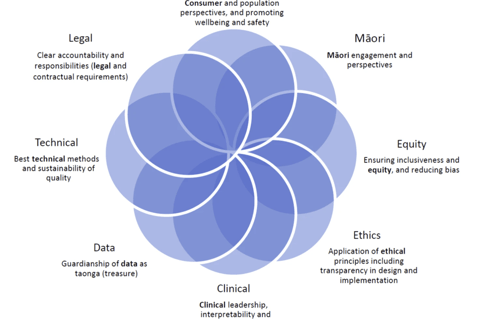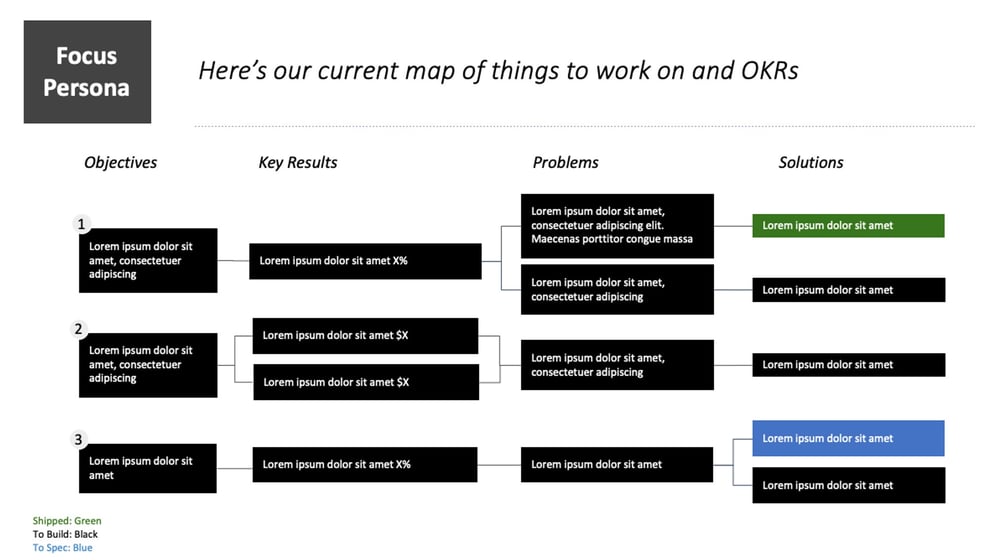⚕️ Medication history accuracy from cloud-based medication repositories, AI governance in health services, and more
14th September, 2023
Kevin Sam
2 min read
Hiya 👋
We’re back with another edition of the digital pharmacist digest!
Here are this week's links that are worth your time.
Thanks for reading,
Kevin
📖 What I'm reading
An example of governance for AI in health services from Aotearoa New Zealand
💊📈 Patient Safety and 🤖 Artificial Intelligence
“Artificial Intelligence (AI) in healthcare is undergoing a rapid development phase, with advances in research across many different medical fields. The potential for improvements in diagnostic accuracy, efficiency, treatments, and patient outcomes are widely discussed, but for many, that potential is yet to be realised. This is partly due to the risks and issues surrounding the implementation of AI tools in clinical practice"..."In this paper we describe the establishment of comprehensive governance over the development and implementation of AI tools within our health service (Te Whatu Ora Waitematā, a public health service responsible for the health of approximately 650,000 people in a geographical district of Auckland, Aotearoa NZ)."
Accuracy of medication histories derived from an Australian cloud-based repository of prescribed and dispensed medication records
💊📈 Patient Safety and 🩺💻 Health informatics
"Medication histories derived solely from a cloud-based medication record repository had a high error rate compared with patients' actual medication use. Like all medication history sources, data from cloud-based repositories need to be verified with additional sources including the patient and/or their carer."
"Omission was the most common error"... "396 (72.1%) omissions were over-the-counter medicines".
The advanced way to think about Opportunity-Solution Trees, and rapid assumption testing > A/B testing
👨💻 Product management
"Traditional OSTs (Opportunity-Solution Trees) can leave teams stuck in a nebulous world of opportunities, while OKRS (Objective - Key Results) alone may lack a clear path to implementation. By incorporating problems and solutions into the equation, you align every opportunity with a tangible path forward.
OKPS (Objective - Key Result - Problem - Solution) trees "solve three major problems:
We’re all working on OKRs anyways - OKPS clearly ties elements of the OST to the OKR framework.
It skips the confusing Opportunity v Solution distinction - theoretically, they seem clearly different. But in practice, it’s not so easy to tell the difference between the two.
They make it really easy to organize and present your roadmap - the challenge with moving towards outcomes over outputs is meeting waterfall requirements from execs. OKPS give you a healthy middle ground."
Are you enjoying this digest? It would mean a lot if you'd consider forwarding it on to someone that you think would also appreciate it!
Stay up-to-date with the Digital Pharmacist Digest
Any comments provided are personal in nature and do not represent the views of any employer




